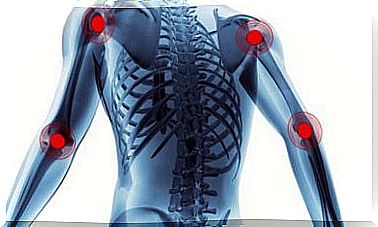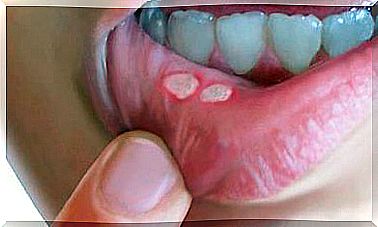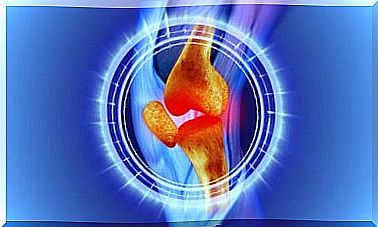Donepezil: Indications And Warnings
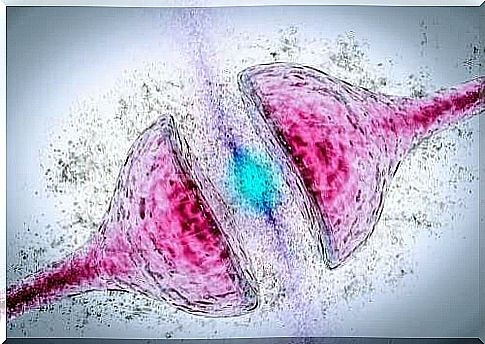
Donepezil is the second drug approved in Spain to treat mild-to-moderate Alzheimer’s dementia. At present, it has not been shown to improve patients’ behavior, functional capacity or quality of life; nor does it slow down the progression of the disease.
However, this drug could have advantages over others already marketed, such as tacrine. In this sense, Donepezil has a simpler dosage and has an improved safety profile, as no cases of liver toxicity have been reported at this time.
In any case, there is little evidence that these drugs serve to treat this clinical condition, so it is necessary to carry out a greater number of clinical trials.
What is dementia caused by Alzheimer’s?

Alzheimer’s is the most common cause of dementia, but there are others as well. Also, this disease tends to affect elderly people.
However, dementia refers to a group of symptoms that affect memory, the ability to think and social skills, in a way that significantly affects the patient’s daily life.
Although Alzheimer’s is the most common cause of dementia, today the cause of this terrible disease is not known. Still not knowing the trigger, neurofibrillary plaques and tangles were observed in the brain of people with Alzheimer’s:
- The plates are an agglomeration of a protein known as “beta amyloid”.
- The skeins are a collection of a fibrous protein called “tau”.
Genetic factors are also important, as are age, Down syndrome, and severe cognitive impairment.
On the other hand, with regard to symptoms, one can mention, among many others:
- Memory loss.
- Difficulty communicating, reasoning, planning or coordinating.
- Confusion and disorientation.
- Depression.
- Anxiety.
- Paranoia.
How does Donepezil exert its effect on the body?
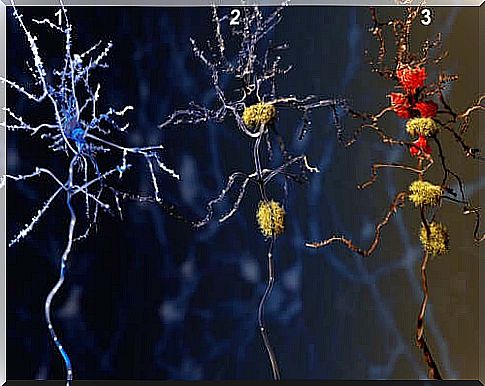
As we explained earlier, dementia is associated with a loss of one type of neuron.
Some drugs, including Donepezil, known as acetylcholinesterase inhibitors, manage to delay the breakdown of a chemical known as acetylcholine.
This substance is released into the synaptic space between one neuron and another so that neurotransmission is triggered. If there is not enough acetylcholine in the brain, the brain will not function properly and the patient will suffer the symptoms associated with this disease.
In this way, Donepezil manages to delay the degradation of this substance by increasing levels over time.
Adverse Reactions of Donepezil
This drug is relatively well tolerated. Most of the adverse effects it produces are expected and transient. However, sometimes other moderate or severe effects may also appear.
Adverse effects related to the drug’s cholinergic actions are the most likely cause of treatment withdrawal within the first 12 weeks. Among the most frequent adverse events are:
- Nausea and vomiting.
- Diarrhea.
- Headaches.
- Insomnia and parasomnias.
Warnings and precautions regarding the use of Donepezil
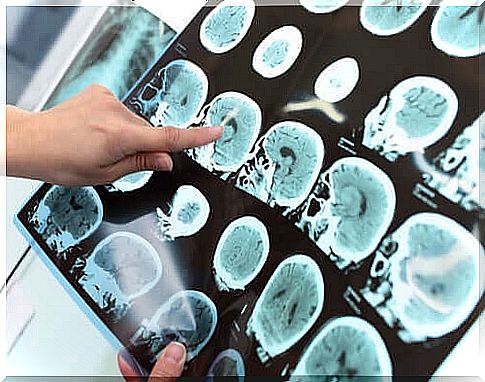
There are cases of patients who must take special precautions with the use of this drug. Among these people are those with known hypersensitivity to the drug, piperidine derivatives, or formulation excipients.
Pregnant or lactating women should not consume this drug, as there are still no results on the effects during pregnancy.
On the other hand, people with any of the following illnesses should also be very careful with the consumption of this medicine:
- Muscle relaxation by succinylcholine.
- Disorders of heart rhythm.
- Gastrointestinal problems.
- Disorders of urination and urinary obstruction.
- Angle-closure glaucoma.
- Asthma or COPD.
Conclusion
Donepezil is a breakthrough in neuroscience. It appears to bring about a considerable improvement in the treatment of dementia caused by Alzheimer’s. However, there is still a lot to be researched to continue advancing and achieve a definitive cure for this disease.
It is recommended that people who have to undergo this treatment are accompanied to ensure that the dose and the guidelines established by the doctor are followed.

